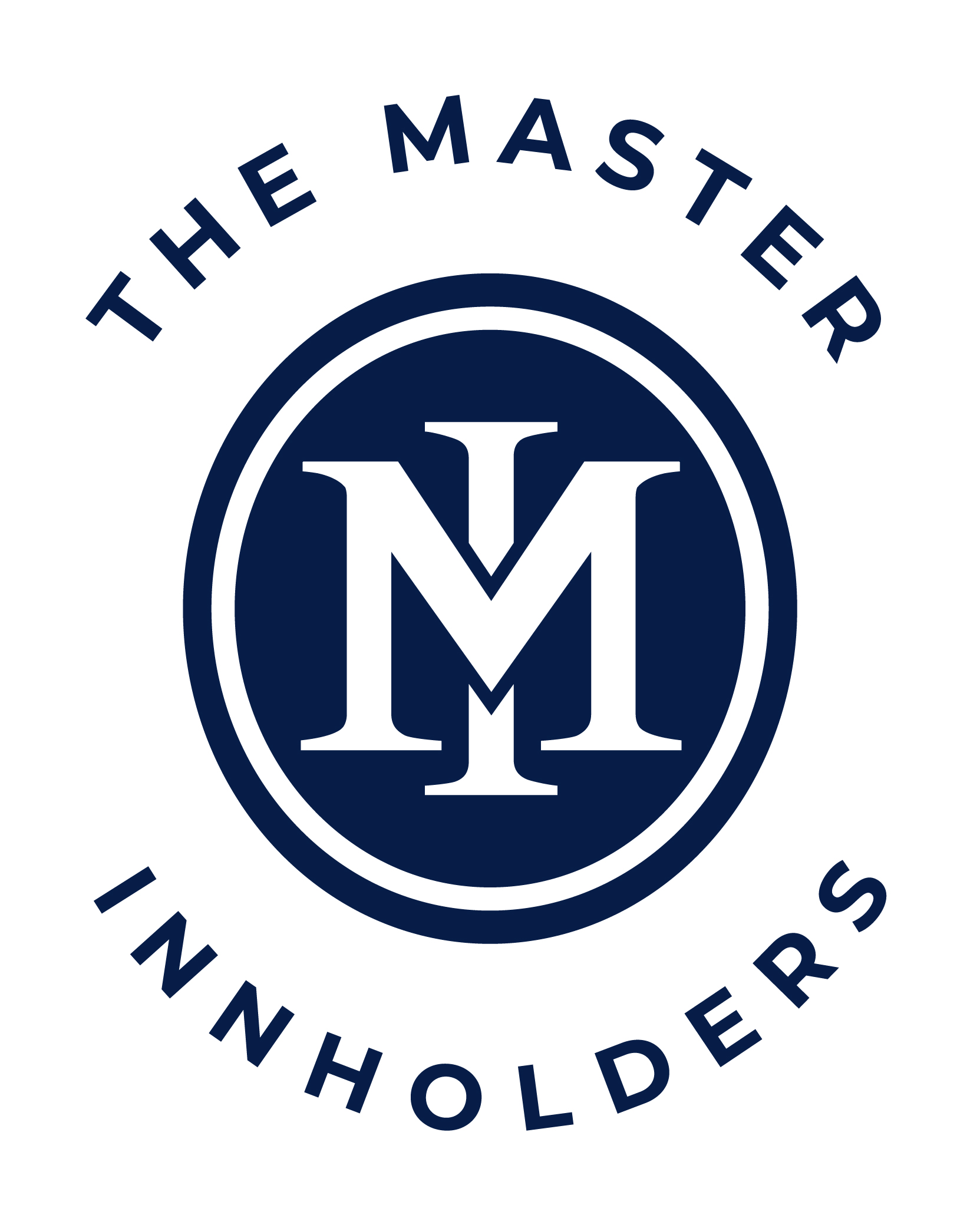Creating a culture of continuous change in the workplace
On July 7, Master Innholders hosted the next in its series of MIDAS masterclasses, providing educational content for young hotel professionals.
In this session, Dr Hilary Cooke was joined by Howard Wilcox and Serena von der Heyde to discuss lean production principles and the benefits that using these practices in the hospitality industry can have on efficiency.
The foundation of Lean Principles rests on maximising productivity and reducing overburden. Though its origins were in car manufacturing, Howard and Serena have proved that the same practices can be applied advantageously to the hospitality industry.
Howard described each of the founding principles of Lean Production in detail, while Serena shared real-world examples of their usage in her hotel team.
First, they explained the concept of the ‘5 S’s’ – sort, set, shine, standardise and sustain – as a means to organise areas of the workplace and keep their efficiency at a maximum.
They also introduced the idea of a Kanban: a signal for replenishment so that staff can easily identify from a visual cue that an item, such as linen or cups, needs restocking.
The 8 Wastes, Howard explained, are the key areas where efficiency is lost: transportation, inventory, motion, waiting, overproduction, overprocessing, defects, and skills. Looking to rectify these issues is the main priority, but a side-effect of doing so is creating a common language amongst the team to describe issues and frame objective conversations. This encourages a culture of teamwork and sharing best practice on both a small scale and a business-wide scale.
Serena provided strong examples from her experience where processes have been implemented to counter the 8 Wastes in the workplace. This included an example of consistently over-ordering linen ‘just in case’, creating clutter and unnecessary spending. By implementing a Kanban in the linen room, it is immediately visible whether the linen needs replenishing, and just enough is ordered to keep the process flowing resulting in a neater environment and reduced unnecessary costs.
Finally, Howard explained the cycle of continuous improvement, which rests on the principles of Plan, Do, Check, and Act. When considering a change, he explained, you must first plan for a desired improvement in the way you do something, try out the planned improvement, check whether it has worked, and finally adopt the improvement as a standard method or, if it was not successful, abandon it. This cycle must run continuously to keep striving for improvement in the workplace.
Serena added that in her experience of hotel management, teams often find it difficult to identify areas where change is necessary as they have become accustomed to the ways that processes are carried out. This continuous cycle alleviates the problem as teams frequently interrogate the ways in which they do things and open themselves up to broader perspectives, driving necessary change and feedback.
Serena highlighted the importance of investing additional time and money into implementing lean production principles, as opposed to asking employees carry out data collection or implementation processes during their work time. The success of this change, she stated, is contingent on front line workers feeling autonomous, and that they have the freedom and power to fix everyday frustrations. As front-line workers are more embedded in their daily tasks – the areas that need fixing – than managers, it follows that they should be the ones who understand best what areas need improvement to maximise efficiency for themselves and for the sake of the company’s large-scale productivity.
To watch the recording of this masterclass or to catch up on MIDAS content, click here.
